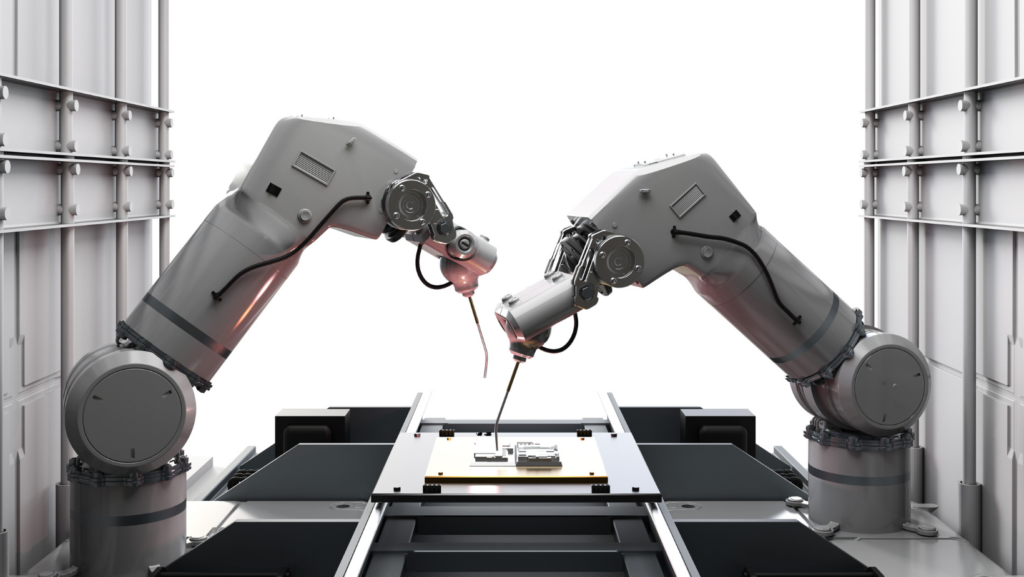In today’s fast-paced digital world, businesses constantly seek ways to enhance efficiency and reduce operational costs. IT process automation emerges as a game-changer, transforming how organizations handle routine tasks and complex workflows. By automating repetitive processes, companies can free up valuable resources and focus on strategic initiatives that drive growth.
IT process automation isn’t just about cutting costs; it’s about boosting productivity and ensuring consistency across operations. With the right tools, businesses can streamline processes, minimize human error, and improve service delivery. This technological advancement empowers teams to respond swiftly to market demands, enhancing competitiveness and innovation.
As more organizations recognize the benefits of IT process automation, the adoption rate continues to soar. It’s not just a trend but a crucial component for businesses aiming to thrive in a competitive landscape. Embracing automation is no longer optional—it’s essential for those looking to stay ahead in the digital age.
IT Process Automation

IT process automation involves the use of technology to execute recurring tasks or processes in a business where manual effort can be replaced. It aims to increase efficiency and streamline operations by minimizing human intervention.
IT process automation refers to employing software solutions to perform tasks, reducing human involvement. This involves tools and systems like workflow automation solutions and RPA (Robotic Process Automation). Each tool automates specific tasks in different areas. For instance, RPA automates repetitive, rule-based processes, while workflow solutions manage business processes by integrating data from various systems.
- Cost Reduction: Automating processes reduces labor costs by diminishing the need for manual task performance. Fewer manual interventions also mean fewer errors, which cuts down the expenses related to fixing them.
- Increased Productivity: With automation, employees can focus on higher-priority tasks, enhancing productivity. Updates and processes run without delays, ensuring efficient workflow.
- Consistency: Automation ensures tasks are completed accurately and consistently. Standardized processes lead to uniform quality and service outcomes, boosting customer satisfaction.
- Scalability: Automated systems easily adjust to increased workloads. Businesses can scale operations without proportionately increasing costs or workforce.
Key Features of IT Process Automation Tools

IT process automation tools provide essential functionalities to enhance business operations. These tools streamline workflows, improve efficiency, and support dynamic business environments.
Scalability and Flexibility
Scalability allows organizations to handle growth without substantial cost increases. Automation tools can adapt to varying workloads, ensuring consistent performance during demand spikes. Flexibility ensures that tools can be customized to meet specific business needs, supporting diverse use cases across departments.
Integration Capabilities
Integration capabilities enable seamless operation across different systems. Automation tools often support APIs and connect with enterprise software like CRM and ERP systems, facilitating smooth data flow. This interoperability minimizes manual data entry, reducing errors and speeding up processes.
User-Friendly Interface
A user-friendly interface simplifies tool adoption and minimizes training time. It provides intuitive navigation and easy customization, allowing users to automate processes without extensive technical expertise. By offering drag-and-drop features and predefined templates, tools enhance accessibility for all users.
Popular IT Process Automation Solutions
In the realm of IT process automation, several vendors and tools stand out for their effectiveness in enhancing operational efficiencies and cost management.
Leading Vendors and Tools

Prominent names in IT process automation include UiPath, Automation Anywhere, and Blue Prism for Robotic Process Automation (RPA) solutions. UiPath offers user-friendly interfaces and extensive integration capabilities, making it popular in various industries. Automation Anywhere focuses on cloud-native solutions, providing flexibility and scalability for diverse business needs. Blue Prism emphasizes secure and scalable enterprise automation, supporting robust digital transformation strategies.
ServiceNow and BMC Helix are notable for workflow automation. ServiceNow’s platform streamlines complex IT workflows with its wide range of applications, promoting productivity across departments. BMC Helix automates service and operations management, leveraging AI-driven insights to improve decision-making and efficiency.
Comparative Analysis
To determine the best fit, comparing key features of these tools is vital. UiPath shines with its comprehensive RPA capabilities and AI integration, suitable for companies seeking advanced automation solutions. It’s particularly advantageous for sectors requiring high automation levels with minimal human oversight.
Automation Anywhere offers a cloud-first approach, appealing to businesses prioritizing flexibility and reduced on-premises infrastructure. Its cloud-based architecture supports easy scaling without significant up-front investments.



